Gojko Stojčević, in the monastery of Pavle, the later Serbian patriarch, was born in Kućanci, a village near Donji Miholjac in Slavonia, on September 11, 1914, at the height of the First World War, in which the people to whom he belonged were attacked by the country in which he was born ( Austro-Hungary). He lost his parents early. Already at the age of three, his aunt took care of him and his brother, who was three years younger. His father contracted tuberculosis at work in America, returned home and died soon after, and Gojko's mother died shortly afterwards. He also lost his brother in World War II.
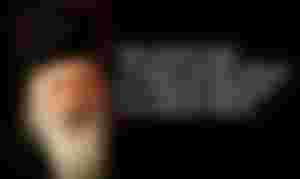
Everyone wants peace, and peace never less, both in our souls and in the whole world.
He finished high school in Belgrade, the sixth grade seminary in Sarajevo, and the Faculty of Theology in Belgrade. He was first in the monastery of the Holy Trinity in Ovčar, and then a religious teacher for refugee children in Banja Koviljača. At that time, he became seriously ill "in the lungs" and the doctors believed that he had tuberculosis, predicting another three months of life. He spent some time in the monastery of Vujan, where he was healed and as a sign of gratitude he carved and donated a wooden cross to the monastery.
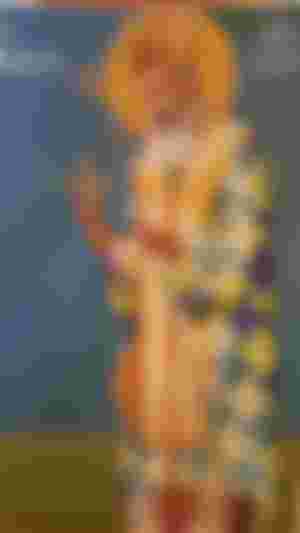
He was elected patriarch of the Serbian Orthodox Church on December 1, 1990. The next day, December 2, he was enthroned in the Cathedral Church in Belgrade. The ceremony was performed by 12 bishops, 12 priests and 13 deacons. The election was made during the lifetime of the previous patriarch, German, due to his long-term serious illness at the suggestion of the Medical Council of the Military Medical Academy, which was confirmed by expert findings. Pavle name was on the list of candidates in the ninth round of voting. Bishop Sava of Šumadija and Bishop Stefan of Žička received a sufficient number of votes to enter the list of candidates in the first round, and only in the ninth round did Bishop Pavle of Raska and Prizren pass the "census".
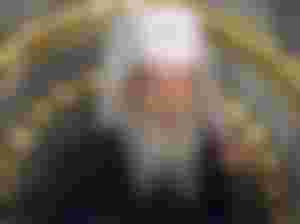
After that, according to the apostolic way of choosing, the envelopes with the names of the three candidates were placed on the Gospel, the Archimandrite of Tronoška Antonija Đurđević shuffled them and then pulled out the envelope with the name of the patriarch. The oldest dignitary present,Metropolitan Vladislav of Sarajevo, opened the envelope and read the name. Metropolitan Vladislav was the patriarch's school friend from the seminary in Sarajevo, and Archimandrite Antonija, together with him, was a brother of the Rača monastery. The new 44th Patriarch of the Serbian Orthodox Church then said:
"My strength is weak, you all know that. I do not hope in them. I hope for your help, I say and repeat, for the help of God with which He has kept me so far. May it be to God's glory and for the benefit of His church and to our afflicted people in these difficult times. We have no program of patriarchal activity, our program is the Gospel of Christ. "
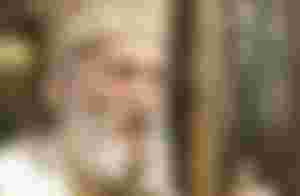
Every morning, unless he went to another church, he served the liturgy in the Patriarchate and received communion, and every evening he was at the evening service in the Cathedral together with the other priests at the choir. He always carried the Holy Scriptures and a prayer book with him. He went around Belgrade by public transport or on foot. He lived an ascetic life, sewed and mended clothes and shoes himself, and performed other master jobs in the Patriarchate.
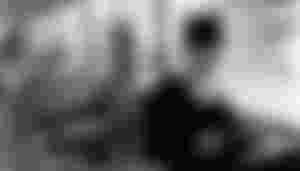
On Savindan in 1997, he led a procession in Belgrade that passed through the police cordon in Kolarčeva Street. That was during the demonstrations after the local elections in November 1996. While he was a patriarch, he did not receive a patriarchal salary, but only a pension from the period when he was the bishop of Raska and Prizren.
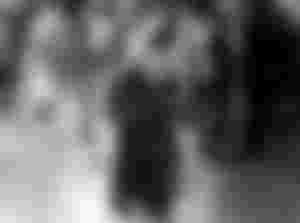
From November 13, 2007, Patriarch Pavle was treated at the Military Medical Academy in Belgrade, and on October 8, 2008, he submitted a request to the Holy Synod of Bishops of the Serbian Orthodox Church to allow him to retire from active service "due to health reasons and incapacity."
The request of Patriarch Pavle at the SOC Parliament on November 11, 2008 was not adopted.
He spoke Greek, Russian and German.
Serbian Patriarch Mr. Pavle passed away in Belgrade at the Military Medical Academy after a long illness, on Sunday, November 15, 2009, around 10:45 AM. Early that morning, he was given communion by the hieromonk Methodius, and the patriarch later died in his sleep.
Many called Patriarch Pavle a "living saint", especially in the last 20 years since he was on the throne of Serbian patriarchs. He received this epithet because of his way of life, but perhaps more than that, because at the end of the 20th and the beginning of the 21st century, he was one of the rare consolations to the Serbian people.
Patriarch Pavle was and remains a modest HERO of Serbia.
"You, my children, do not know what hunger means and how many children around the world are hungry, and we throw bread at the table and in containers. To some, they represent life and hope, and we give them up so easily. Remember every time hungry children all over Africa and the world when you see crumbs by the table."
"If everyone clung to love, this country would be a paradise. But if everyone adhered to at least what is a little less than love - because love is the bond of perfection - if only they adhered to the principle “what you want for yourself, do for others; what you don't want for yourself, you don't do for others ", then the earth, if it didn't become a paradise, would be close to paradise." Patriarch Pavle
Literature and sources:
Orthodoxy, Newspaper of the Serbian Patriarchate, Belgrade, 2007. No. 962
sr. wikipedia.org/Patrijarh Pavle
Jovan Janjić, Budimo ljudi - reč Patrijarha Pavla, Zograf, Niš, 2007.
Website of the Serbian Orthodox Church
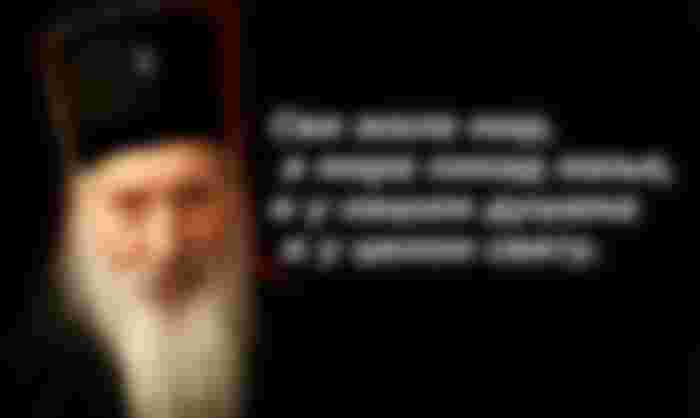
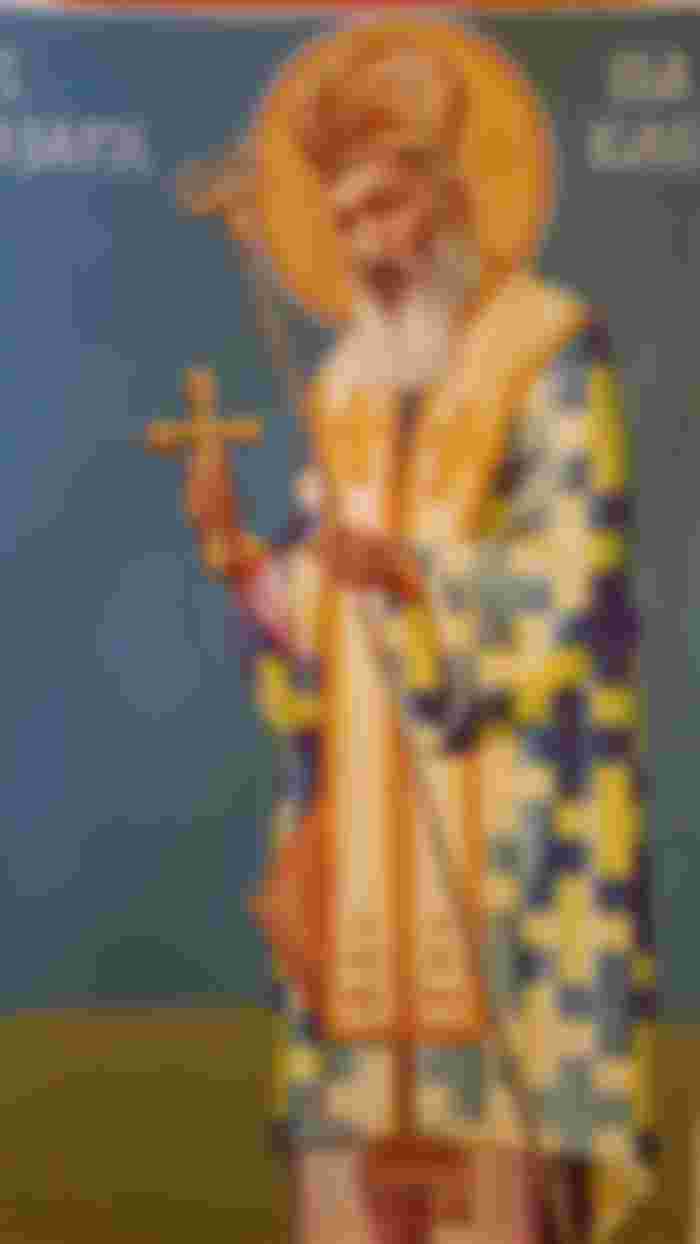
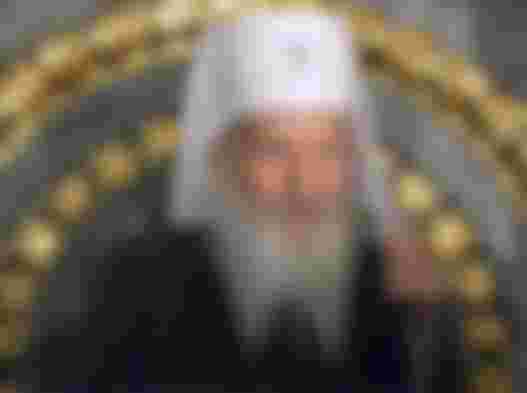
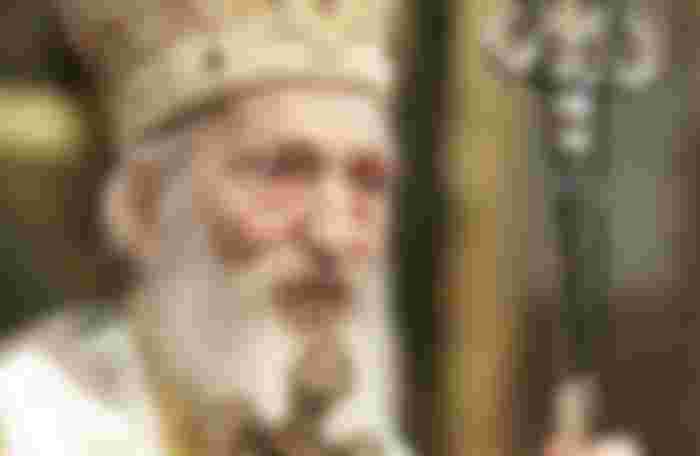
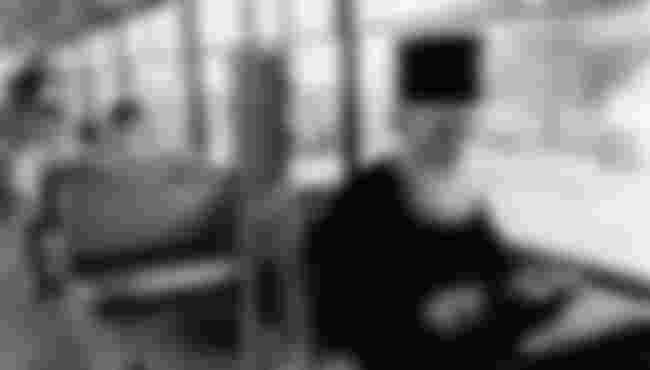
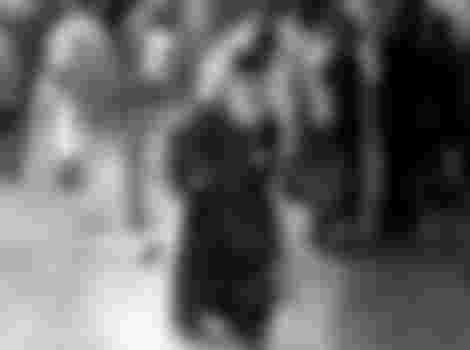
He was a great man. Very kind and very good. People loved him.